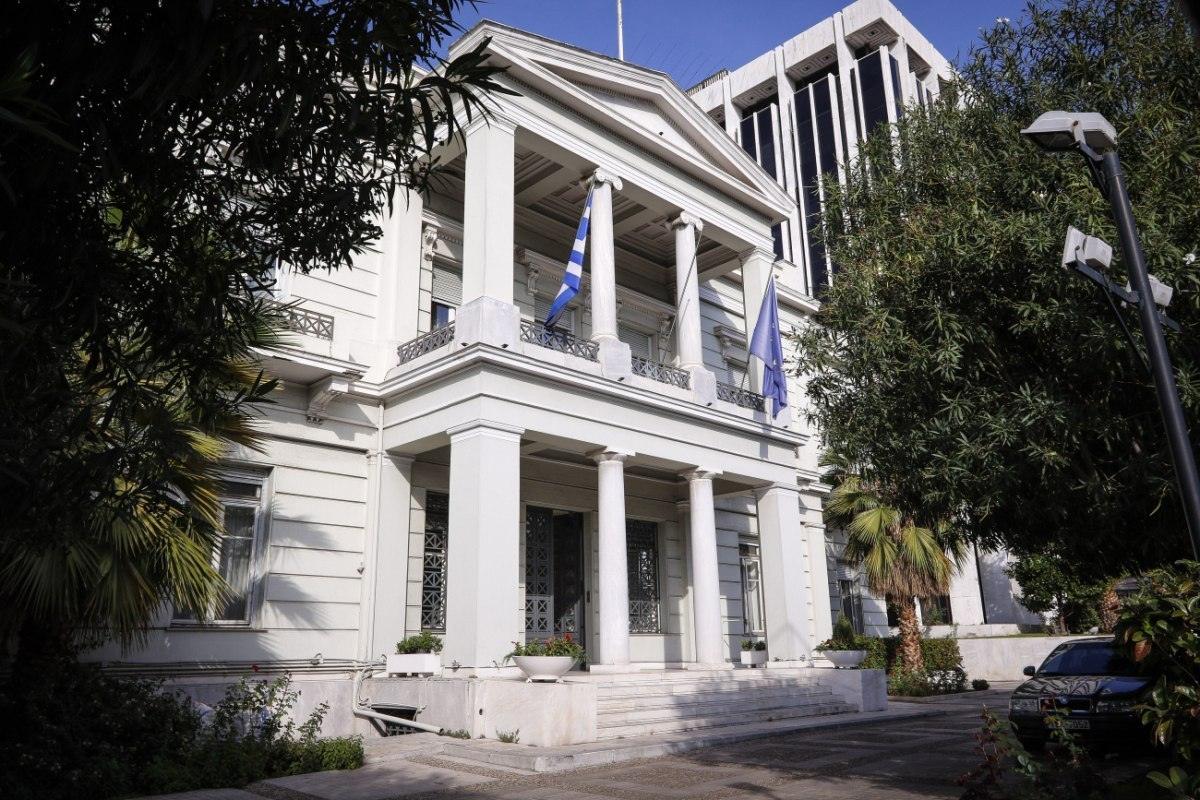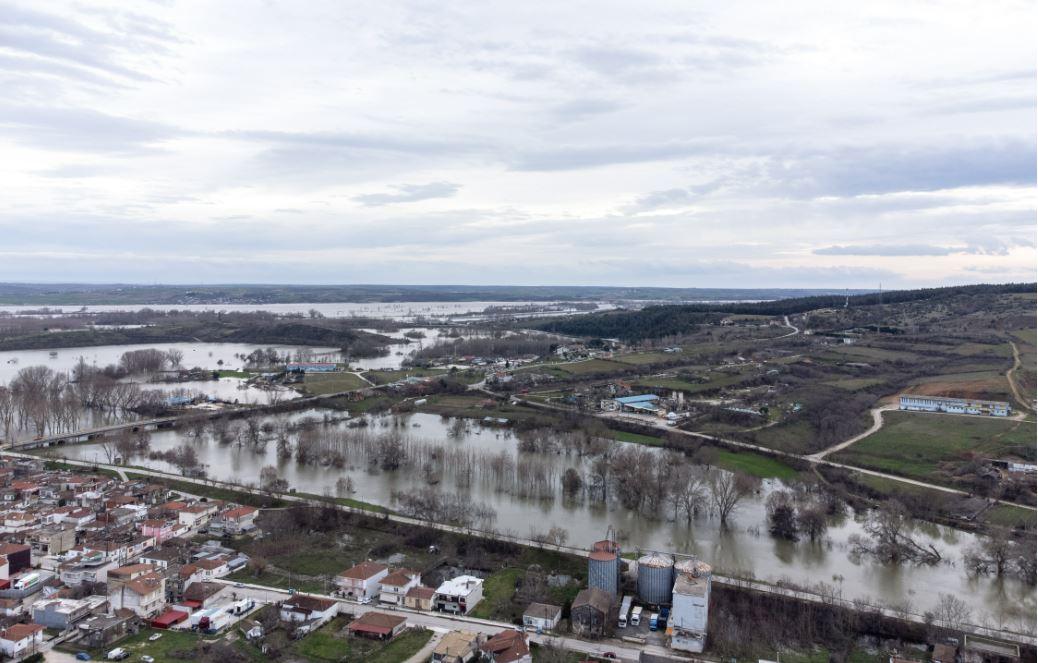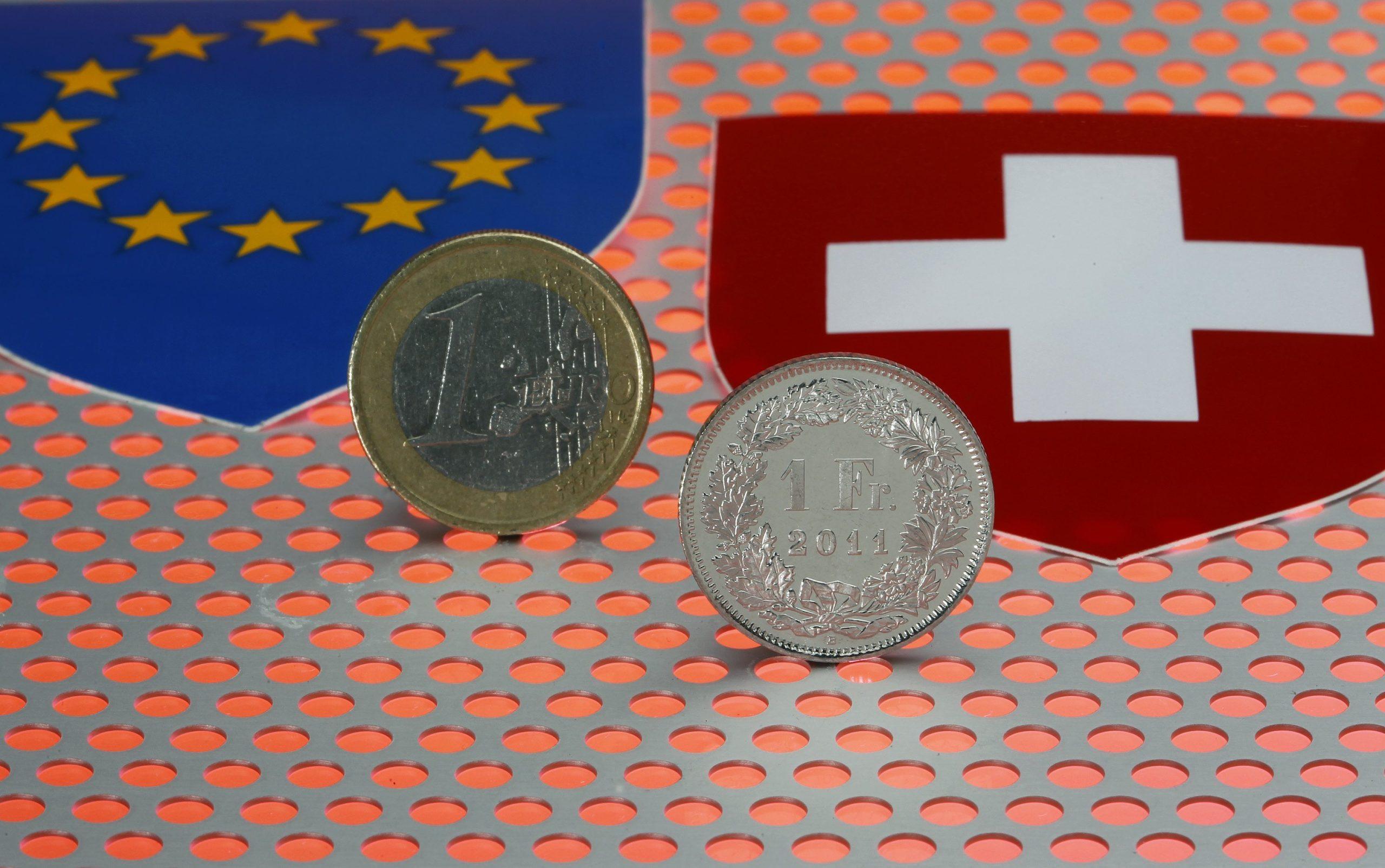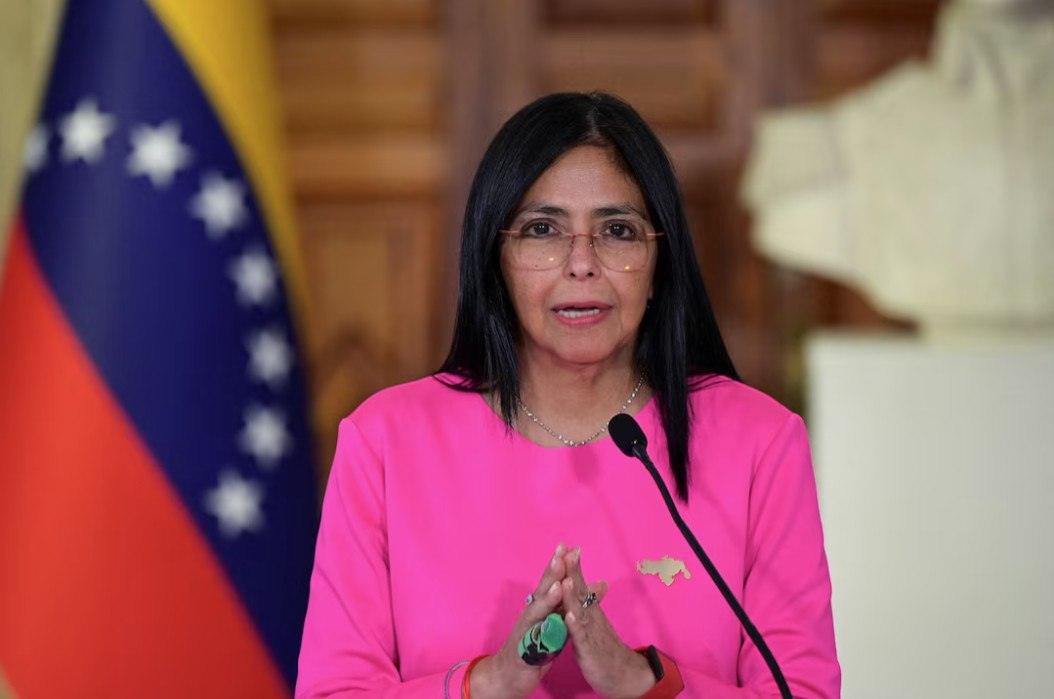The particularly high prices of natural gas and, by extension, electricity, which prevailed throughout 2022, had a serious impact on the entire economy (domestic and non-domestic), as the gradual jump in energy costs to historically high levels directly affected the industrial production, the rest of the businesses and household consumptions, while it also reached the final consumer by passing on costs throughout the supply chain.
This is pointed out, among other things, by the new Special Report of the Energy Institute of South-East Europe (IENE), while it briefly mentions the prospects of the sector for 2023. The report focuses on the main restructurings that have occurred in the energy market and the reasons behind them – such as the Russian invasion of Ukraine, while characterizing 2022 as a year “very different from the previous years due to extremely high prices in almost all energy products”.
Unprecedented energy prices and subsidies
As highlighted in the Report, high electricity and natural gas prices led to unprecedented energy prices and subsequently to energy subsidies (€8.2 billion in the last 18 months). Due to the rise in the prices of basic goods and services, there were increases in key economic figures that risked derailing the budget.
Nevertheless, the Greek economy recorded solid growth in the first half of 2022 – with rising inflation, however, affecting growth in the second half of the previous year. In 2022 as a whole, average annual inflation was recorded at 9.6%, the highest level since 1994.
The war in Ukraine and its immediate impact on security of supply and prices for natural gas, electricity and oil was arguably the central event of 2022 in the energy sector. There were, however, other developments in the past year which left a strong impression and affected consumers and entrepreneurs in the energy sector.
The most important developments of 2022
These developments for 2022 are summarized as follows:
• The war in Ukraine contributed significantly to the rapid increase in energy prices, which had already started their upward trend from the summer of 2021. A jump in the average TEA and a decrease in electricity demand were observed.
• Lignite returned dynamically to the country’s energy balance.
• 2022 was a record year for the installation of RES units, as 1,700 MW of new installed capacity was added.
• However, serious weaknesses were found in the electrical distribution network, resulting in cuts in the injection of energy from RES for the first time.
• Greece recorded massive electricity imports, higher than ever before.
• Greece, for the first time, became an exporter of natural gas to countries further north and strengthened its influence in SE Europe.
• Despite the obvious need to strengthen the energy mix with conventional sources used by the majority of consumers, there is no coordinated policy from the new ESEK, as it deals exclusively with RES and hydrogen.
Challenges
Among the existing challenges that stand out are the need for coordination between a more “tight” monetary policy and targeted fiscal support measures, the risk that the economic slowdown will last, as well as the energy crisis gaining new intensity in the second half of 2023.
Finally, it is noted that the high volatility in energy prices causes increased uncertainty for businesses and households, while an escalation of the so-called “imported” inflation is not excluded, mainly due to the high prices of energy goods, with the deflation indices of imports and exports exceeding significantly the respective indicators of consumption and fixed capital investments.
















![Ακίνητα: Σε ποια εξοχικά στρέφονται οι επενδυτές [ πίνακας]](https://www.ot.gr/wp-content/uploads/2026/02/property-scaled.jpg)
























